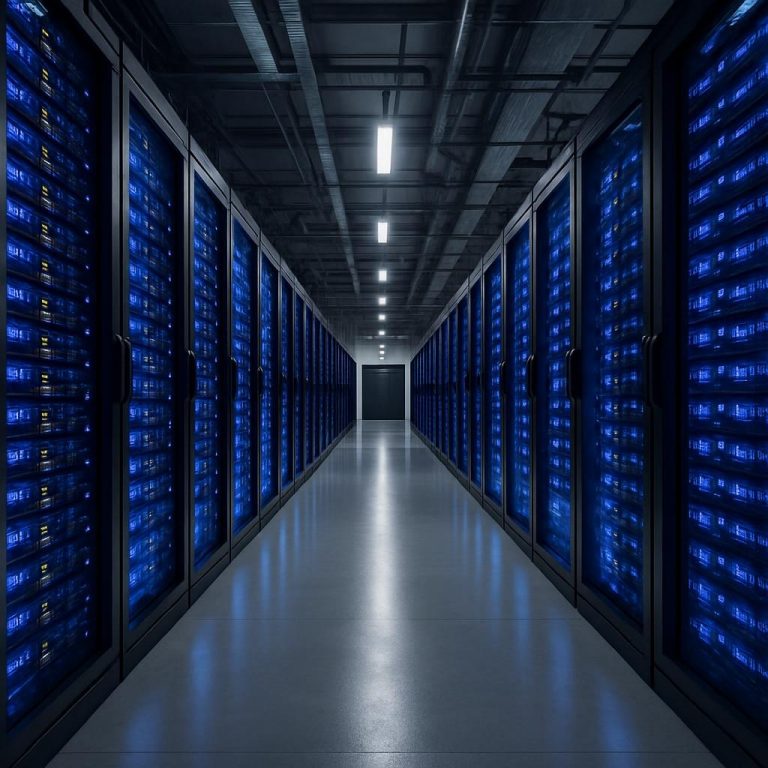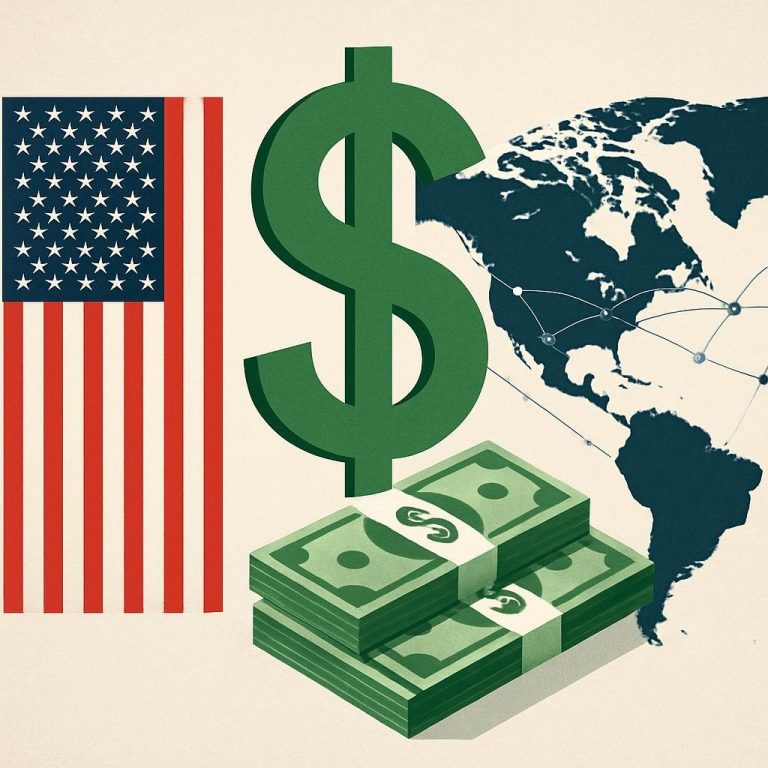
Here’s a structured and up-to-date collection of studies, definitions, and expert analyses on artificial intelligence—its origins, development stages, current state, future prospects, and global leadership. Each entry includes a title and direct link to the source.
1. What Is Artificial Intelligence?
- Understanding AI in a Nutshell
Timspark
Defines AI as machines emulating human intelligence—learning, reasoning, and problem-solving in ways that mimic human thinking. - History of Artificial Intelligence
Britannica
Offers a concise definition and historical context, from Alan Turing’s early theories to modern applications.
2. How Did Artificial Intelligence Begin?
- The Journey of AI Evolution: Milestones and Future Prospects
Timspark
Traces AI’s origins from Alan Turing’s 1950 paper to the Dartmouth Conference in 1956, which officially launched AI as a field. - History of Artificial Intelligence
Britannica
Covers foundational breakthroughs including early neural networks, expert systems, and the first chatbot ELIZA.
3. What Are the Stages of AI Development?
- Stages of AI Evolution
Timspark
Breaks down AI into key phases:- Birth of AI (1950s–1960s)
- Early Successes (1960s–1970s)
- First AI Winter (1970s)
- Expert Systems Boom (1980s)
- Machine Learning & Deep Learning (1990s–2010s)
- Generative AI & LLMs (2020s)
4. What Stage of AI Are We in Now?
- Stanford’s AI Index Report 2024–2025
World Economic Forum
We are in the era of frontier AI, where generative models and large language models (LLMs) outperform humans on tasks like image classification and English comprehension. Industry now leads in model development.
5. What Is the Future of Artificial Intelligence?
- The Journey of AI Evolution: Future Prospects
Timspark
Predicts AI will evolve toward general intelligence, autonomous decision-making, and deeper integration into society, with ethical and governance challenges ahead. - Stanford’s AI Index Report
World Economic Forum
Highlights growing costs of frontier models, increasing productivity gains, and the need for global governance frameworks.
6. Which Countries Are Leading the Field of Artificial Intelligence?
- Stanford AI Index: Geopolitical Dynamics
World Economic Forum
The U.S. leads in foundational model development, while China dominates in AI research output and patents. The EU is advancing regulation and ethical frameworks.
Here are recent documentaries that visually explore the stages of AI development, including the rise of generative models and AI-generated imagery.
🎥 1. The Thinking Game (2025)
Produced by: Daily Doc
Overview: A deep dive into DeepMind’s evolution—from early game-playing agents to AlphaGo and beyond. It includes visual segments showing how AI progressed from symbolic logic to reinforcement learning and generative models.
🔗 Watch via Daily Doc
🎥 2. AlphaGo (2017)
Director: Greg Kohs
Overview: Tracks the historic match between DeepMind’s AlphaGo and Go champion Lee Sedol. The film captures a pivotal moment in AI development, showcasing how neural networks and deep learning surpassed human intuition.
🔗 Watch via JustWatch
🎥 3. Coded Bias (2020)
Director: Shalini Kantayya
Overview: Explores the ethical implications of AI, especially in facial recognition. It visually explains how machine learning evolved and how bias can be embedded in AI-generated outputs.
🔗 Watch on Netflix
🎥 4. The Social Dilemma (2020)
Director: Jeff Orlowski
Overview: While focused on social media, this documentary shows how AI algorithms evolved to manipulate attention and behavior—highlighting the transition from rule-based systems to predictive models.
🔗 Watch on Netflix
🎥 5. Top 5 Documentaries on the Future of AI (2025)
Curated by: Factual America
Overview: A roundup of recent films that explore AI’s future, including visual representations of generative AI, synthetic media, and the ethical dilemmas of autonomous systems.
🔗 Read the list






